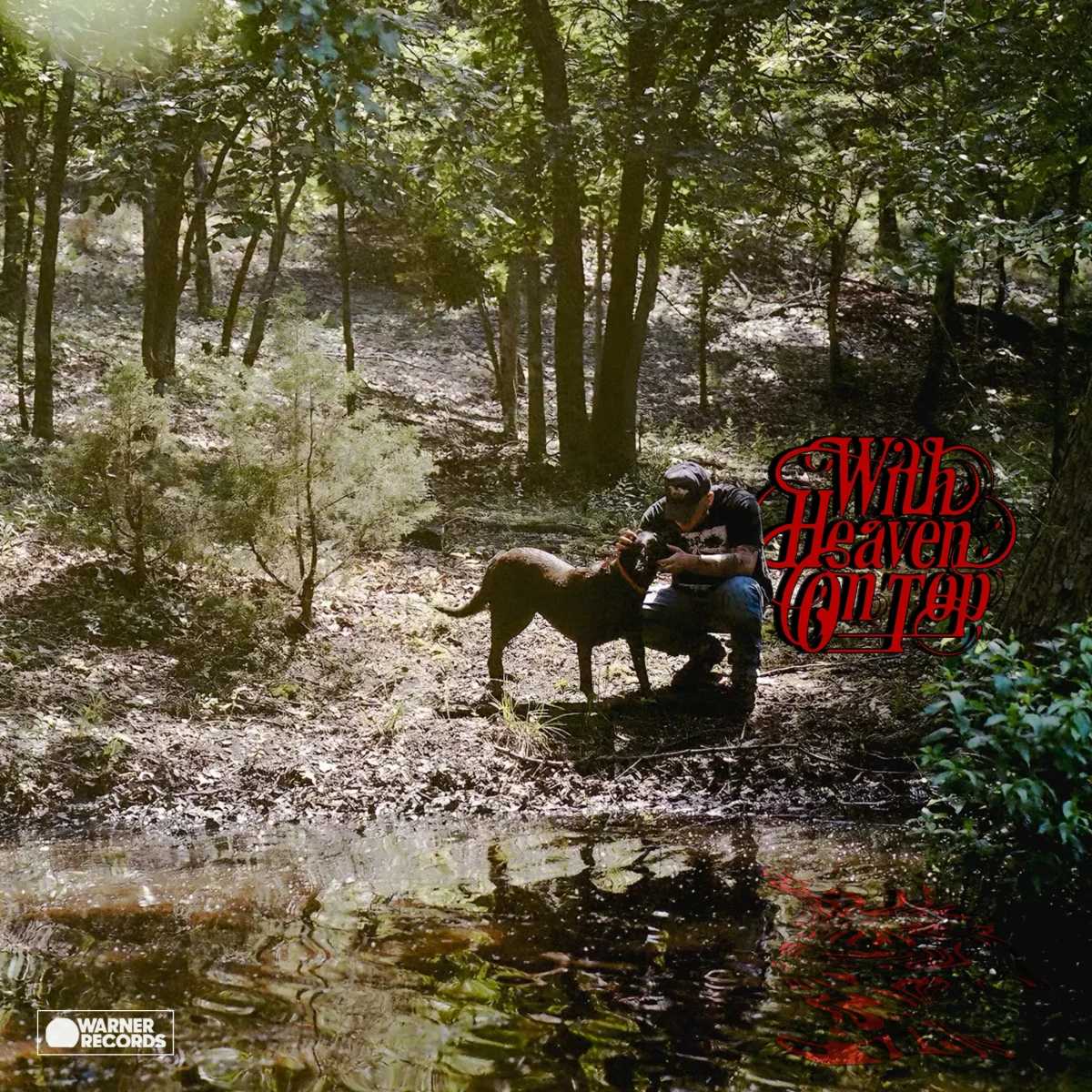
In honor of black history month, there will be a free special screening of the documentary “Nana Dijo,” which focuses on the marginalization of Afro-Latino people in the U.S. and Latin America.
Raquel Kennon, Africana studies professor, said the documentary is about decolonizing our notions of race and identity.
“I very much encourage all students to come,” Kennon said. “This film discusses intersectional identity. It’s a topic that isn’t often discussed.”
Kennon also said the film sheds light on what it means to have an intersectional identity. Having an intersectional identity, according to Kennon, generates a feeling that someone does not belong in one group or another and can often lead to isolation.
There will be a special guest appearance by Bocafloja, director of the film.
Bocafloja is a 38-year-old multi-disciplinary artist who grew up in Mexico City and utilizes hip-hop to create awareness to social issues.
Lyrically, Bocafloja addresses topics such as institutionalized racism and social oppression.
He also created Quilomboarte, an initiative to create networks of solidarity between artists and people who have been systematically oppressed.
Christine Khrlobian, liberal studies major, was the student that insisted for Bocafloja to attend the film screening.
“I met Bocafloja 6 months ago,” Khrlobian said. “The Mexican consulate was screening his film and told him that I was going to find a way to bring him to CSUN.”
Khrlobian finds the film to be informative and said students would benefit from watching it.
“He’s a rapper originally who was part of a movement in the 90s of a new style of hip hop,” Khrlobian said. “His art whether is poetry whether its rapping or anything else it’s always discussing issues that the black and brown community. He raises a lot of controversial questions in any art form,”
“Nana Dijo” provides viewers with intimate accounts of people whose lives have been defined by societies preconceived notions of what being black means.
“Maybe you’re not from the black or brown community and you don’t feel like you can relate,” Khrlobian said. “This event is so timely with what we’re experiencing with our new president. This event will create an environment where you can socialize with people from different backgrounds and enjoy food.”
She explained that the term ‘Blaxican’ is not a word that is widespread.
“It’s a term that is more popular in southern California,” Khrlobian said. “It’s a word that refers to someone that’s from black and Mexican descent.”
John Paul Nuño, history professor, said that the film introduces viewers to different terms relating to Anglo-Latinos.
“Blaxicans is a term that I personally had not heard,” Nuño said. “The terms that I’ve heard are Afro-mestizo, Afro-Latino and these are folks that have an African and Latin American heritage.”
Nuño explains that films like “Nana Dijo” help shed light on the history of a group that would otherwise be ignored.
“It’s kind of an area of history that has been untold. The history of Afro-mestizo is slowly becoming one that’s being told and projects like these are helping.”






